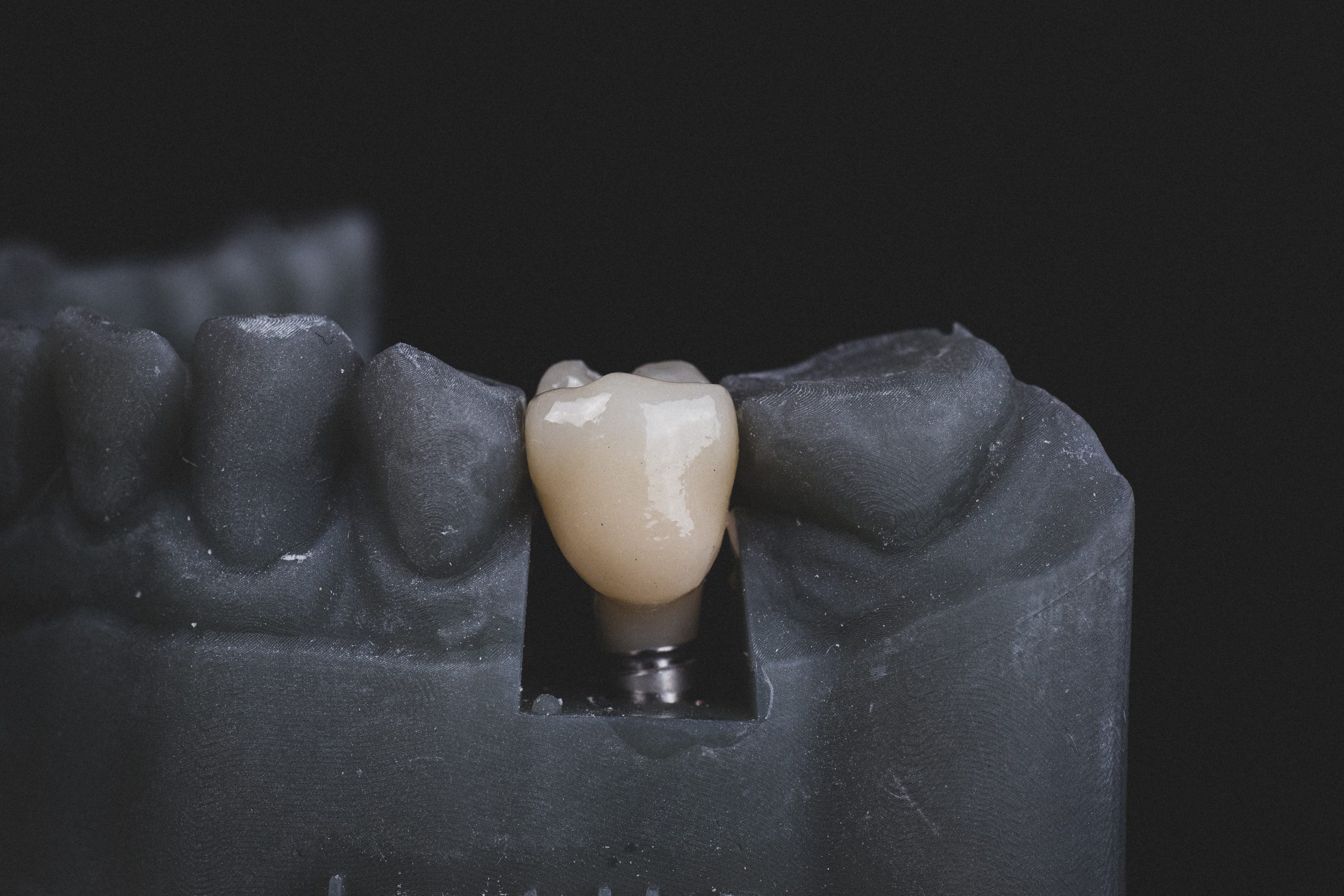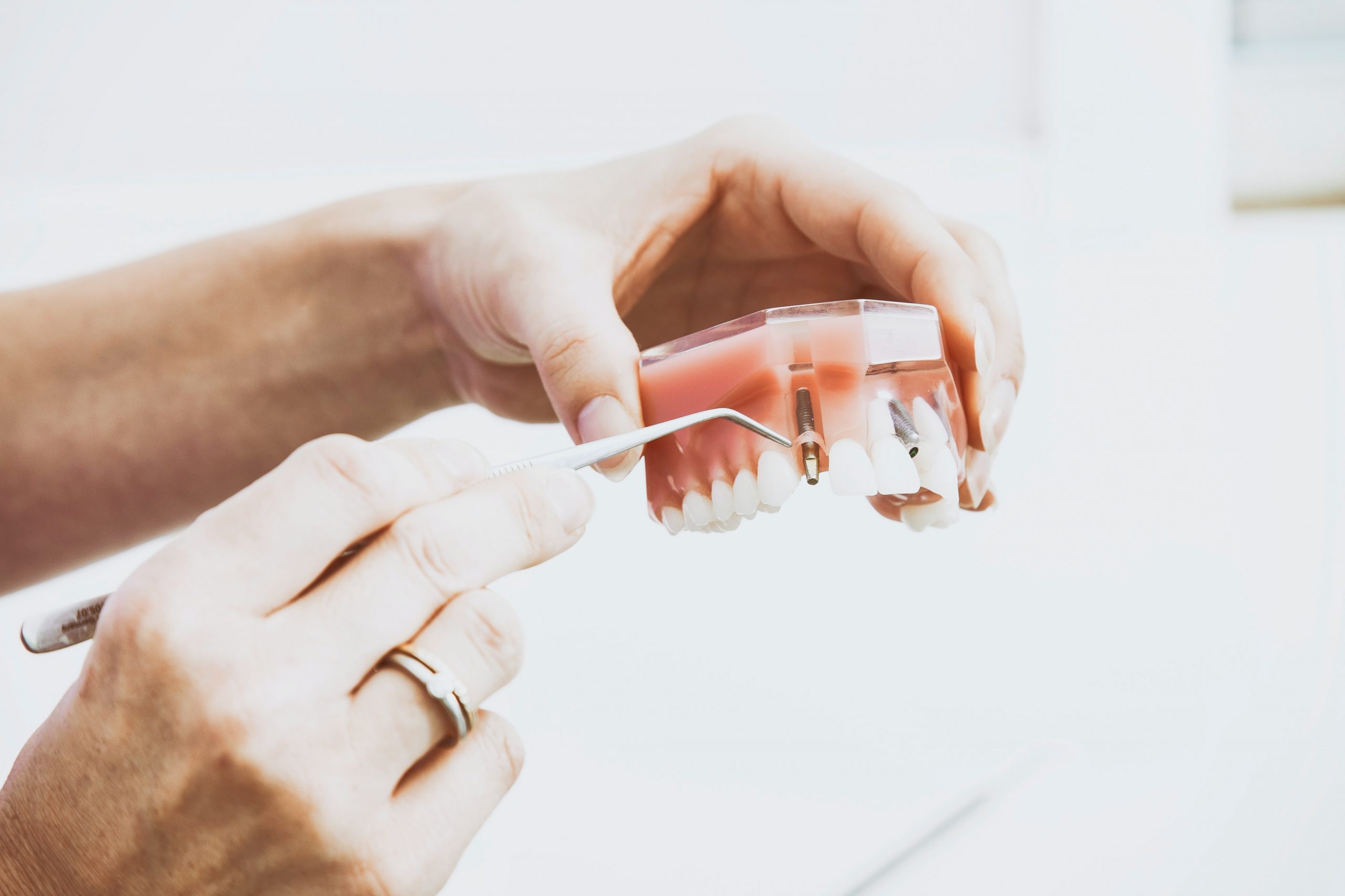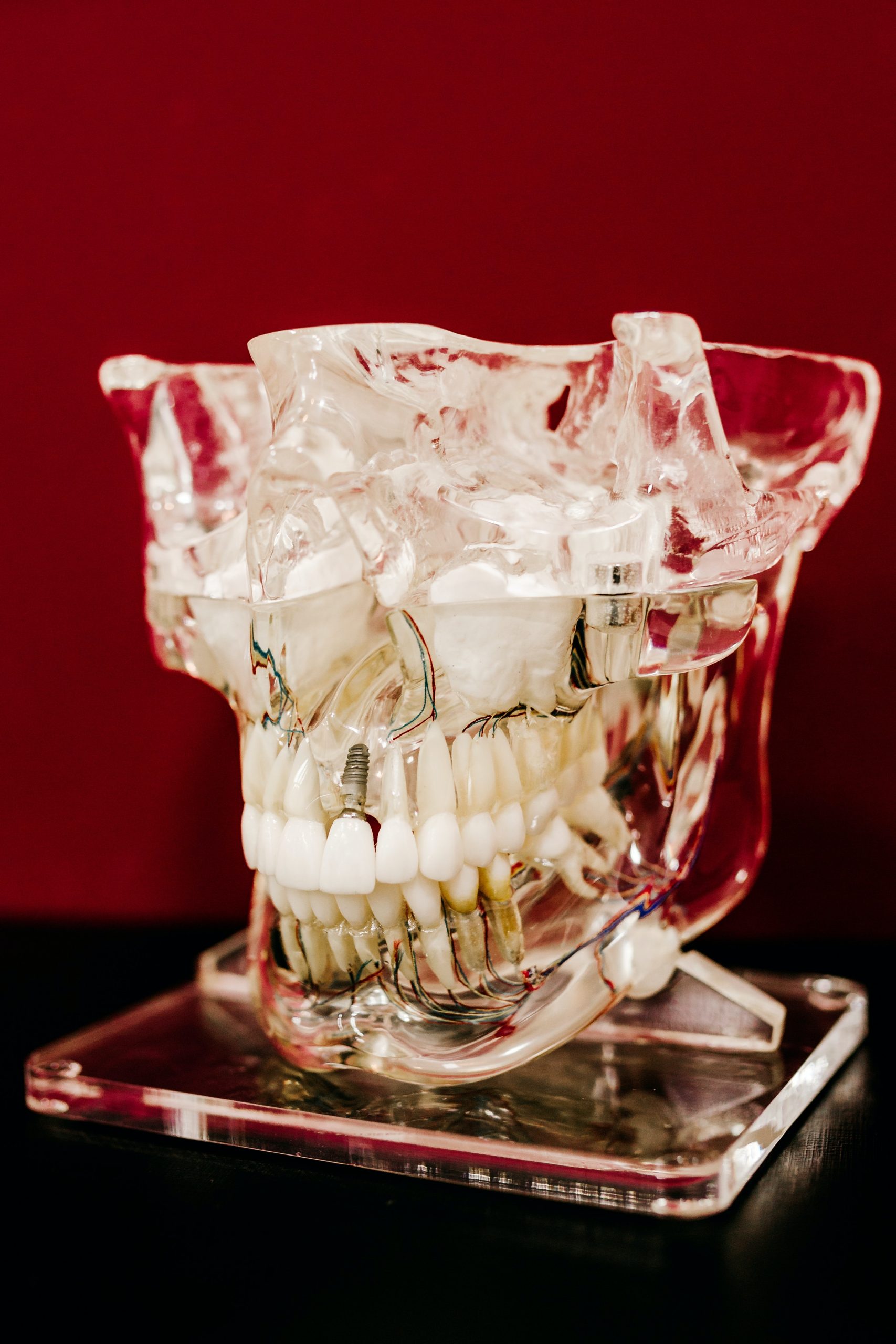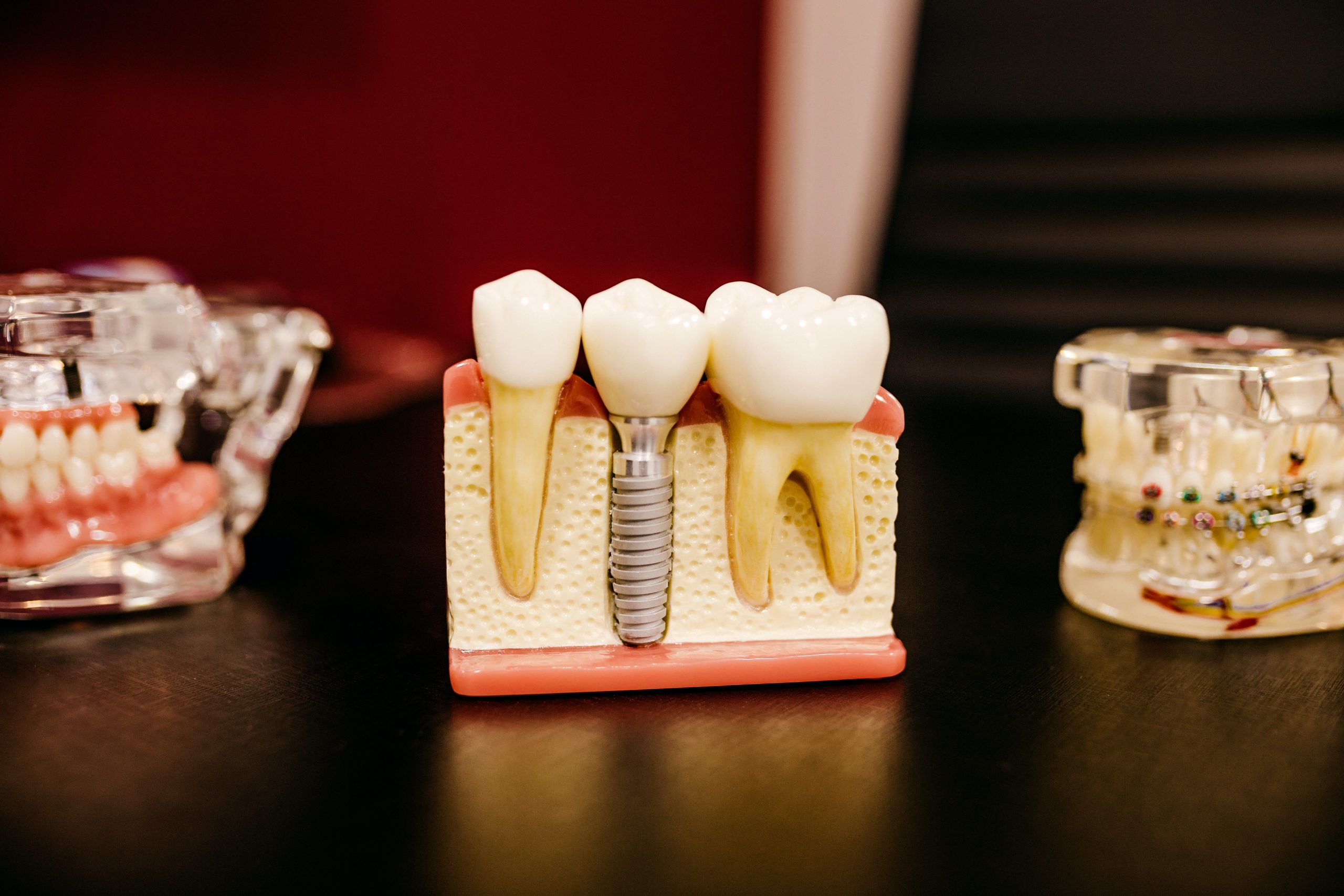
The Hidden Complication of Full-Arch Implant Prostheses
Full-arch implant prostheses have become an increasingly popular option for patients with severe dental problems. They offer a range of benefits over traditional dentures, such as improved comfort, function, and aesthetics. However, despite their advantages, there are hidden complications associated with these prostheses that patients and clinicians should be aware of.
Peri-implantitis
Peri-implantitis is a common complication of full-arch implant prostheses. It is an inflammatory process that affects the tissues surrounding dental implants, leading to bone loss and implant failure. A study published in the Journal of Clinical Periodontology found that peri-implantitis affects up to 22% of implant-supported full-arch prostheses after five years. This complication can be caused by a variety of factors, including poor oral hygiene, smoking, and systemic diseases such as diabetes.
Mechanical complications
Mechanical complications can also occur with full-arch implant prostheses. These may include fractures of the prosthesis, loosening of the implant abutment screws, or even implant fracture. According to a study published in the Journal of Prosthetic Dentistry, mechanical complications were the most common type of complication observed in implant-supported full-arch prostheses. These complications are often caused by excessive force or stress on the prosthesis, which can be exacerbated by parafunctional habits such as teeth grinding or clenching.
Psychological impact
While implant prostheses can significantly improve a patient's quality of life, they can also have a psychological impact. Some patients may feel self-conscious or embarrassed about their prostheses, leading to reduced self-esteem and social anxiety. This can be particularly true for younger patients who may feel that they stand out or are not as attractive as their peers. A study published in the Journal of Prosthetic Dentistry found that psychological factors such as self-esteem and body image were important predictors of patient satisfaction with implant prostheses.
Conclusion
Full-arch implant prostheses are a valuable option for patients with severe dental problems, but they come with hidden complications that should not be ignored. Peri-implantitis, mechanical complications, and psychological impact are all potential issues that patients and clinicians should be aware of when considering this treatment option. Regular dental check-ups and good oral hygiene can help reduce the risk of complications, while addressing psychological concerns can help ensure that patients are satisfied with their prostheses.





